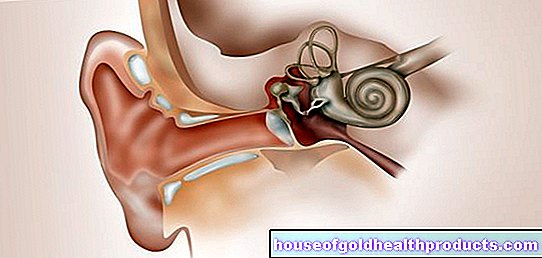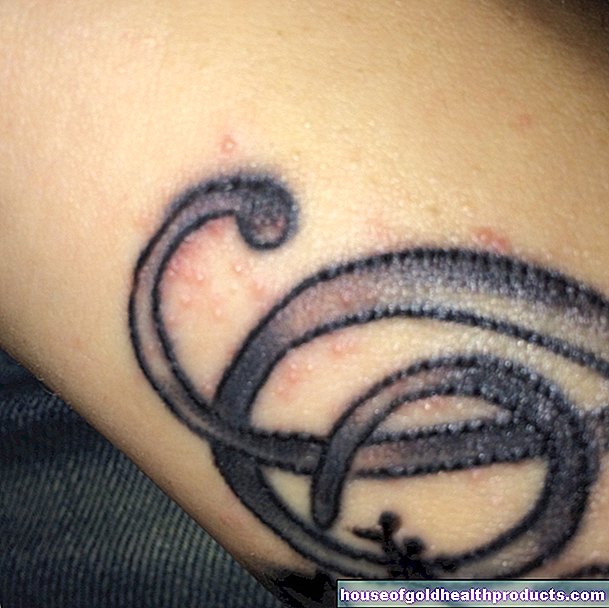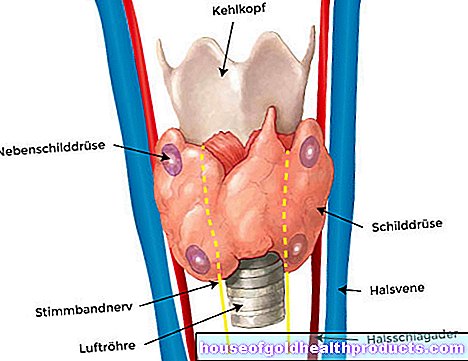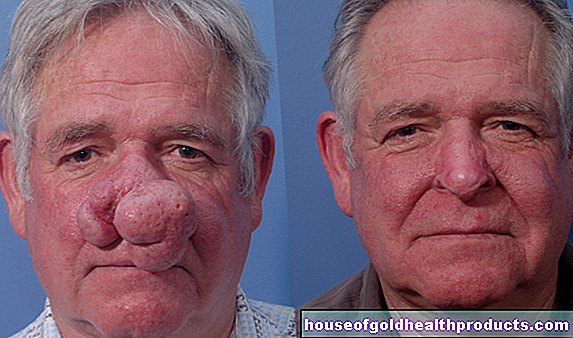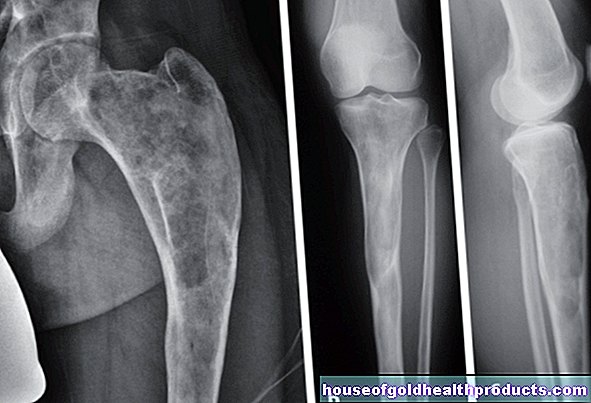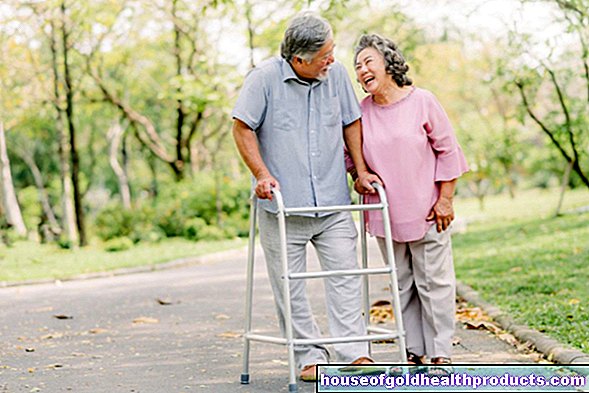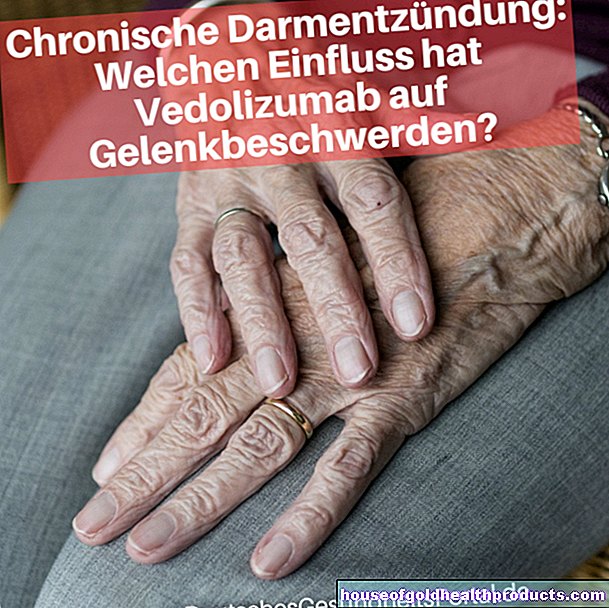Alzheimer's: How to Create a Safe Home
Lisa Vogel studied departmental journalism with a focus on medicine and biosciences at Ansbach University and deepened her journalistic knowledge in the master's degree in multimedia information and communication. This was followed by a traineeship in the editorial team. Since September 2020 she has been writing as a freelance journalist for
More posts by Lisa Vogel All content is checked by medical journalists.Many people with Alzheimer's live at home and want to stay in their familiar surroundings for as long as possible. Safe living spaces are urgently needed for this. This is easier to implement with a few tools.
Alzheimer's not only leads to a decline in memory and impaired thinking and judgment. Those affected also have an increasing urge to move. The following tips will make the home safer for people with dementia:
Securing the front door
People with Alzheimer's often tend to just leave the house and go somewhere - often with no destination. At the same time, however, their sense of direction is disturbed and they do not always find their way back. Special systems can prevent this risk.They trigger an alarm when people with dementia leave the safe area of the apartment, house or garden.
For this purpose, either infrared barriers are set up, and if they are interrupted, an alarm signal is emitted. The chip in the shoe, which triggers an alarm when the doormat is crossed, is also a possible variant. The alarm should be as discreet as possible so that it does not frighten the person concerned. An alternative and simple solution is to attach a small bell over the door or a doorbell, as is known from many shops. Childproof door handles can also help.
Safe bathroom
There is a risk of slipping in the shower or bathtub! For this reason, you should put rubber mats or non-slip strips on the floor of the shower or bathtub for an elderly person to be on the safe side. Also important: handholds on the wall.
To prevent scalding, taps are marked in blue and red and the maximum water temperature is regulated to below 45 degrees.
Many Alzheimer's patients turn the tap on, forget about it, and leave. The water continues to run. To prevent flooding, you can attach a sensor in front of the bathtub. This triggers an alarm when it registers moisture. Some home emergency call devices can be linked to the sensor so that appropriate help can be organized in the event of an alarm.
Safe kitchen
There is a risk of burns not only in the bathroom, but also on the stove. There are special cooker fuses for electric stoves. You switch off the stove either after a preset time and / or automatically if the hob overheats. Some hotplates can be linked to a home emergency call device.
Modern appliances often already have built-in stove security systems. If a new acquisition is planned, such a device should be preferred, as retrofitting is usually more expensive. There is currently no special safety system for gas stoves. If in doubt: disconnect the gas stove.
Prevent falls and injuries
One option for people who are no longer able to walk: home emergency call devices. These consist of a base unit and a radio transmitter. The transmitter can be worn as a bracelet, chain or clip. If the button on the sensor is pressed, an emergency call is triggered. Depending on the settings, the emergency call is received by an emergency call center, relatives or the responsible nursing service. Many charities offer home emergency calls with an emergency call center. The service providers rent out the relevant equipment. If you do not need a service center, you can also buy the home emergency call device and program it to the corresponding numbers of relatives.
If a care level is available, the care insurance company will at least partially cover the costs for the home emergency call.
For more security in your own four walls, all tripping hazards should be removed from the living space. This means:
- Remove loose cables
- Fix the carpets with an anti-slip mat
- Remove thresholds or mark them clearly
Grab bars in living spaces, for example in the hallway and living room, are also a good way to provide more security.
bringing light into the darkness
Many Alzheimer's patients find it difficult to find their way around in the dark - even when they are in their own apartment. Night lights - preferably with a motion detector - can help. They come on when the resident goes to the toilet at night, for example.
In this way, you can also make dangerous places in the home such as stairs in the dark safer. This can reduce the risk of falling.
Tags: digital health hair news

